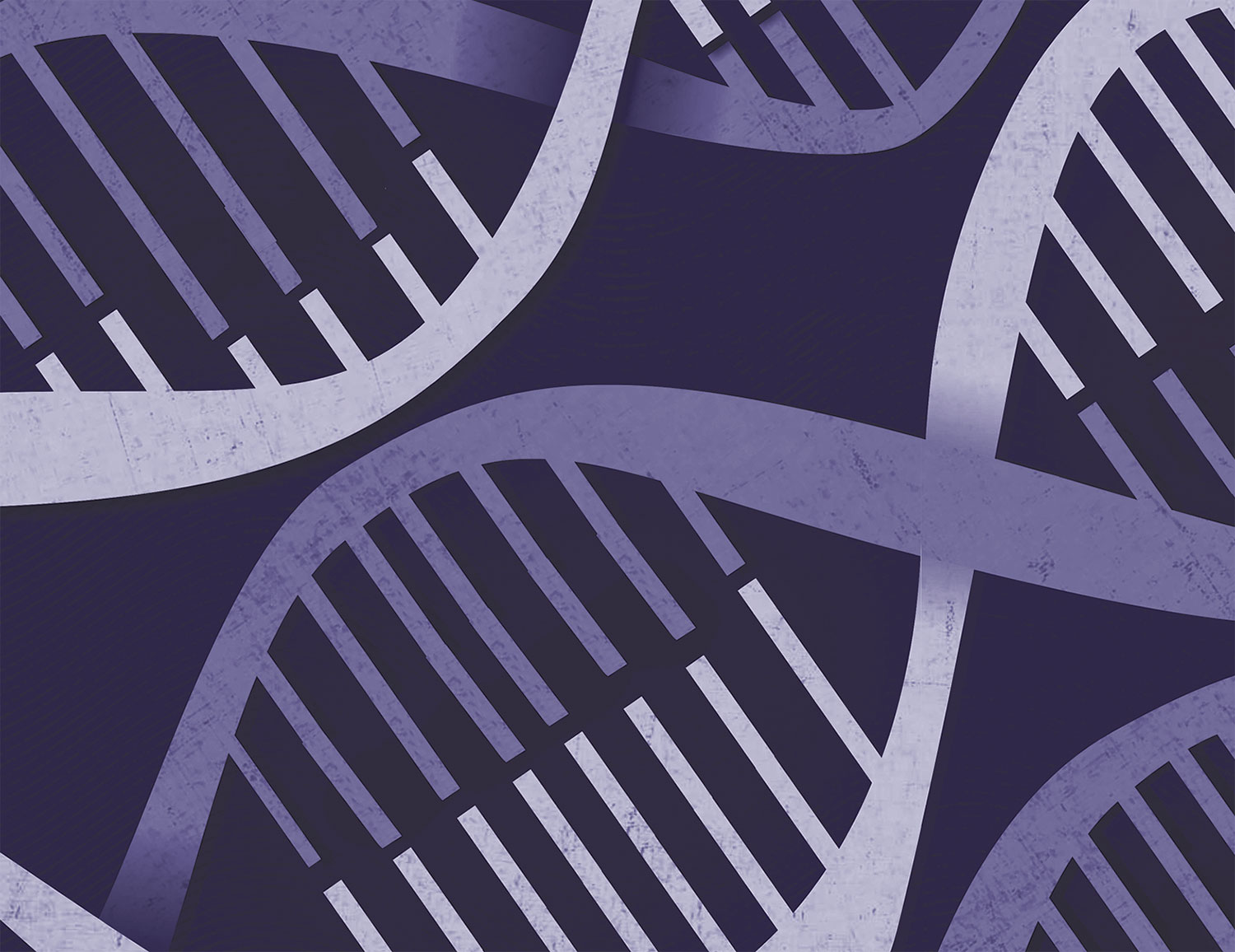Can CRISPR deliver?
SCIENTISTS HAVE SPENT DECADES mapping the tens of thousands of genes encoded in human DNA. They want to understand how genes function and to use this knowledge to treat diseases. CRISPR, a revolutionary gene-editing tool, offers one way to do that. With CRISPR, researchers can “snip” DNA in living human cells and make changes to the genome. Researchers increasingly see CRISPR as a powerful new tool for understanding and treating complex diseases like cancer.
“I think CRISPR is going to have a huge impact on understanding the origins of cancer and how to fight cancer,” says biochemist Ross Wilson at the University of California, Berkeley, whose lab develops ways to make CRISPR and other gene-editing tools more efficient. But CRISPR won’t be an overnight game-changer, Wilson says. He cautions that unraveling the mysteries of cancer’s machinery and vulnerabilities is a complex undertaking, and the gene-editing revolution will unfold slowly on a time-scale of years and decades, rather than weeks and months. “It will probably be a gradual shifting, bringing in more cancers and cancer-associated mutations.”
A CRISPR Clinical Trial
In April 2018, Edward Stadtmauer, an oncologist at the University of Pennsylvania Abramson Cancer Center in Philadelphia, and his colleagues launched a phase I clinical trial to test the safety and toxicity of a treatment developed with CRISPR—the first of its kind in the United States. Three patients were in Stadtmauer’s study: a 67-year-old woman and a 62-year-old woman, both with multiple myeloma, and a 65-year-old man with liposarcoma. All three had previously undergone many rounds of chemotherapy and radiation therapies and had no treatment options left.
Read more at Cancer Today mhttps://www.cancertodaymag.org/Pages/Spring2020/Can-CRISPR-Deliver.aspx
